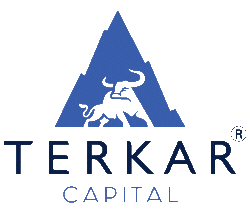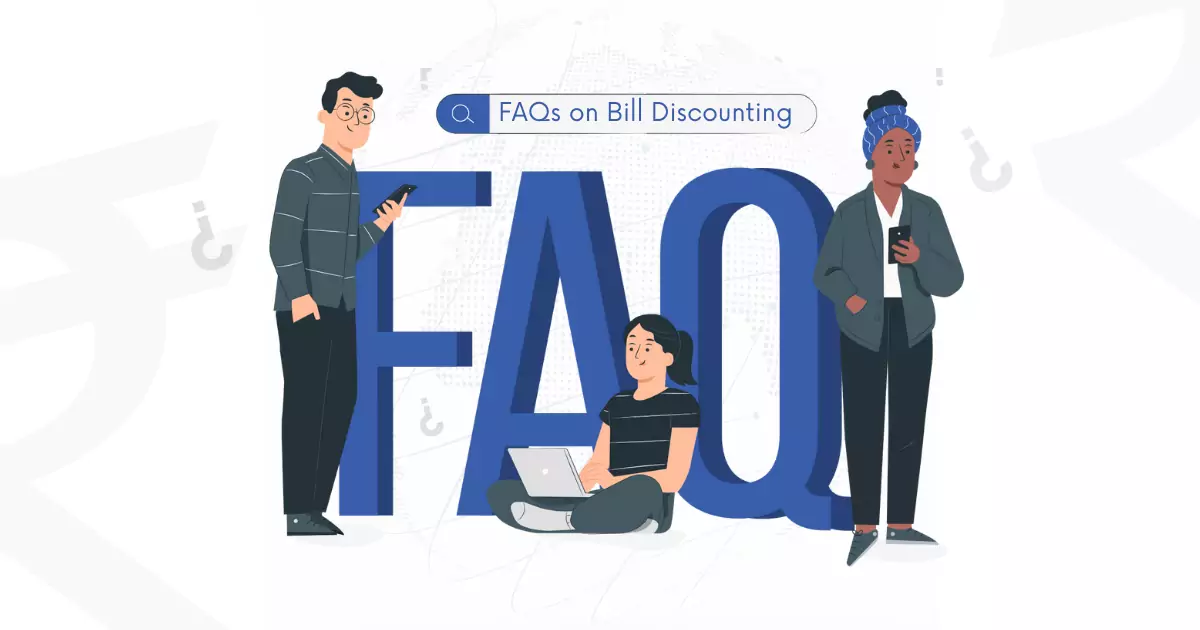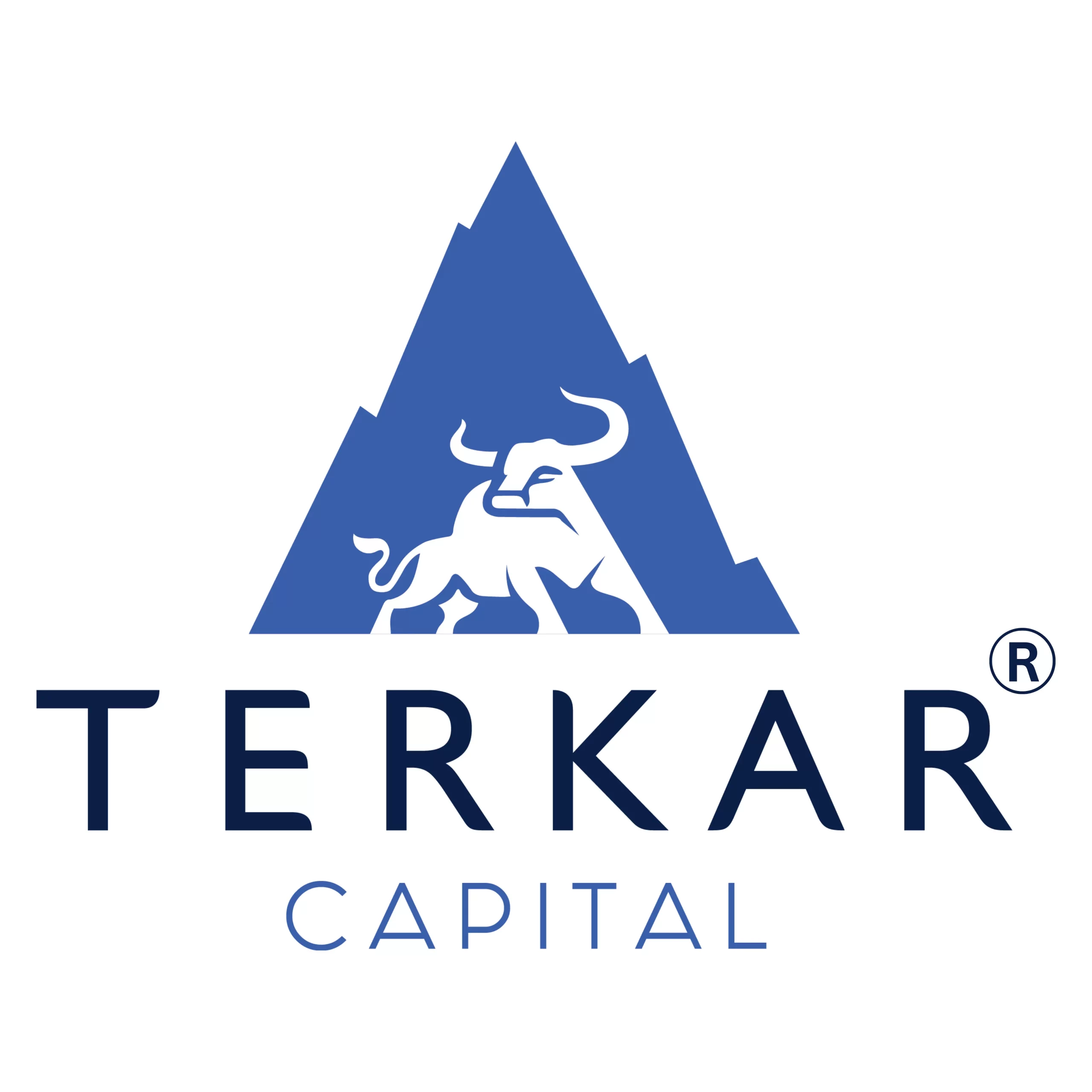Bill Discounting
Bill Discounting is a method of trading. The seller gets the amount in advance before the maturity of the bill at a smaller amount than its actual. That is at a discounted rate. The process can be executed with banks or even with Financial Institutions and NBFCs. The reason for discounting is mostly for the working capital requirements. In simple words, It can also be termed as Short Term Loans against unpaid bills on accounts receivables.
1. Is Bill discounting a type of loan?
BD is a type of invoice financing where the borrower gets the loan against unpaid bills. In simple words, they are short-term business loans. Learn bill discounting in detail.
2. How is the Bill Discounting interest calculated?
The interest calculation is as per the terms of the lending bank or financial institution. It considers the credit period or the tenure of the bill. That may be 30 days, 60 days, 90 days, etc. as the case may be.
3. Who provides Bill discounting services?
Generally, banks provide this service. But nowadays NBFCs or Financial Institutions also offer these services. It is a convenient process. Because documentation is less and eligibility criteria depend on the creditworthiness of the borrower with the bank as well as the credit score of the debtor.
4. What is the repayment period for Bill Discounting?
The repayment period is the credit period decided as per the agreement between the parties, the buyer and seller. The period of the bill will get over on the maturity date or repayment of money against the bill, whichever is earlier.
5. What are the advantages of Bill Discounting?
It is a fast and convenient process. Also, this financial instrument makes immediate availability of funds to the seller, which does not stop his operations of the business.
6. What is the procedure of bill discounting?
A. The seller sells goods on credit to the buyer. He issues a bill of exchange to the buyer. Thus, the buyer accepts it and acknowledges the bill. The buyer states his credit periods and resends them to the seller.
B. The seller then goes to the bank and discounts the bill. Here, the credit score or the seller-banker relationship has been checked.
C. The Bank transfers the amount, deducting the discount in favour of the seller.
D. The seller then uses this amount till the end of the credit period.
E. Lastly, when the credit period is over, the bank collects the payment of the bill from the buyer/payee. The payment of the bill can be done at any time in the credit period, but not after maturity. If the buyer/payee is unable to pay the amount of the bill, the seller makes the payments or the specified person as per the stated agreement.
Understand the bill discounting process from the case study.
7. Is CIBIL score important?
Traditionally, financial instruments are used to come up with some sort of securities. But today they even availed themselves without security. If BD is availed through an unsecured way, CIBIL and the relationship with the banker are primarily checked.
8. What are the methods of presenting Bill Discounting?
There are two methods included in Bill discounting, namely: Resource and Non- recourse.
Recourse: In this method, the examination of all the documents is on the seller’s bank. After a thorough investigation, they send the same for checking to the buyer’s bank. Here, the seller or the seller’s bank is responsible for any mishap in the whole process.
Non-recourse: This method is contrary to the previous one. Thus, the buyer’s bank examines the documents and raises a bill against the seller. The buyer here will be held responsible for any default in the process of bill discounting.
9. How does Terkar Capital helps?
Terkar Capital provides a bill discounting facility in India. We work exclusively for raising finances from all sources. We arrange both debt and equity funding. Terkar Capital has expertise in market strategies that provide facilities with ease.
Bill discounting is one of our finest services. Our team of experts helps effortlessly to arrange all the possible outcomes to make the process easy and convenient.









